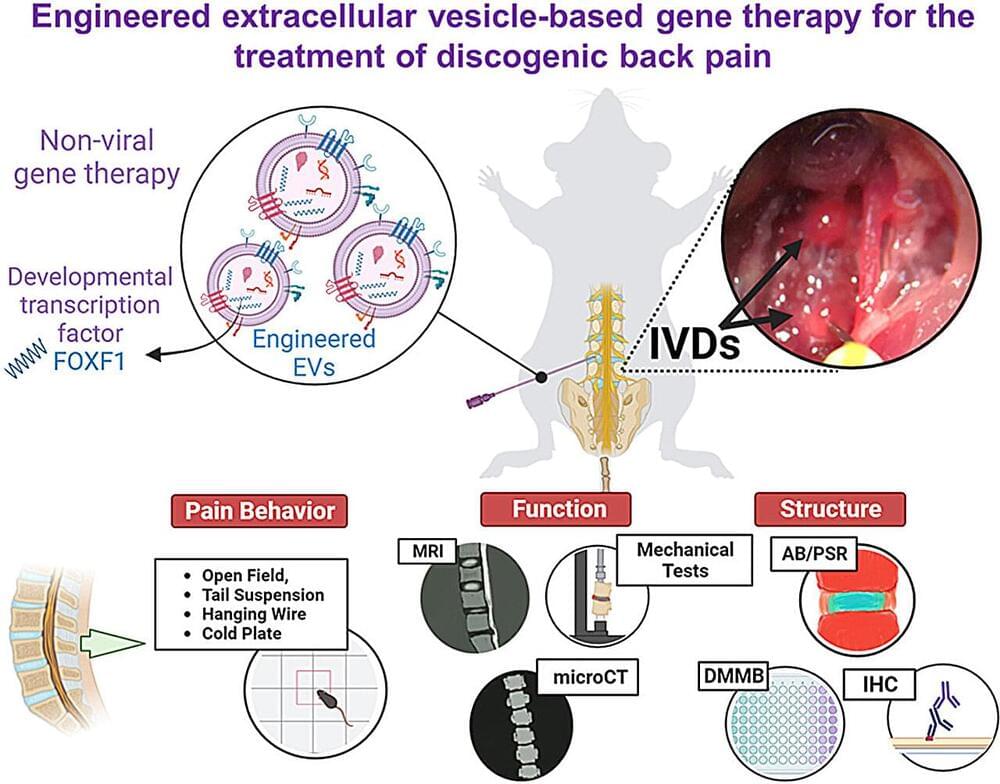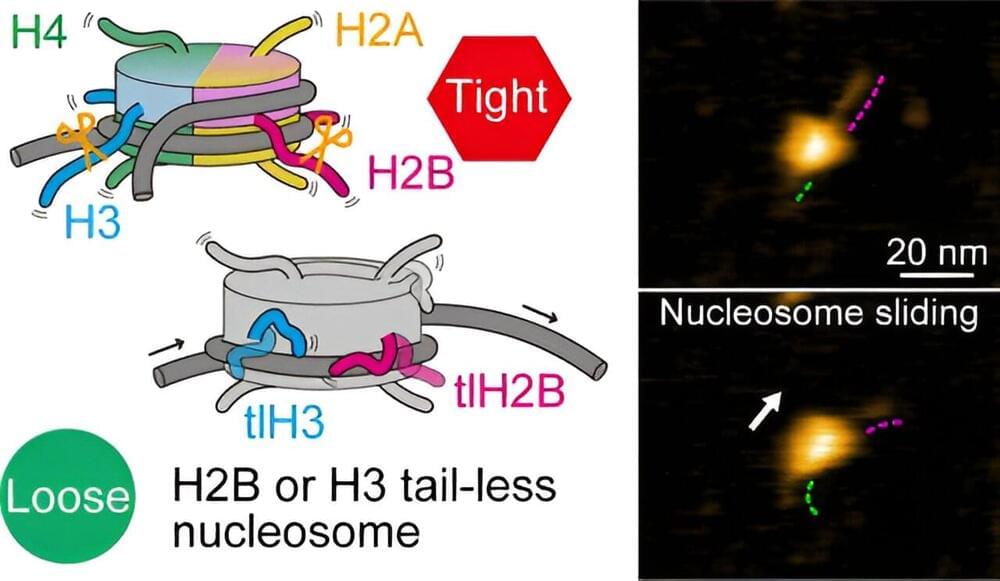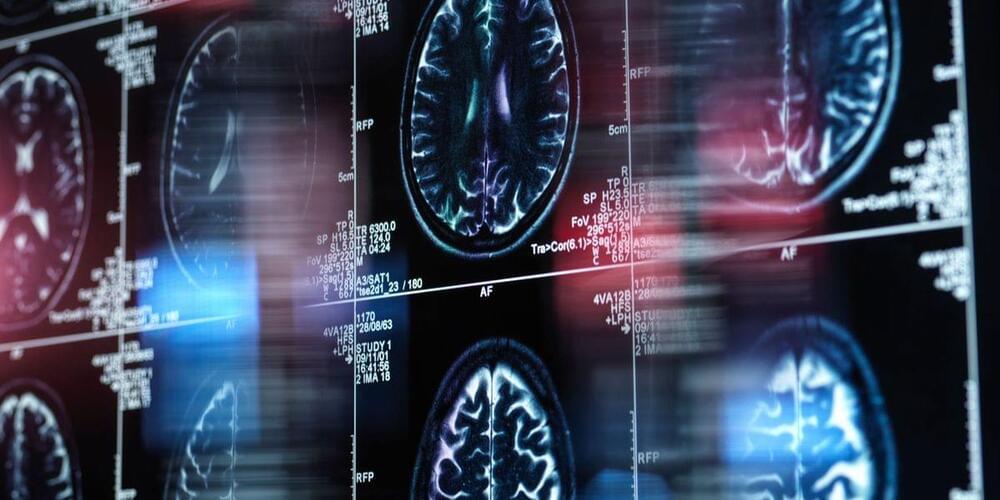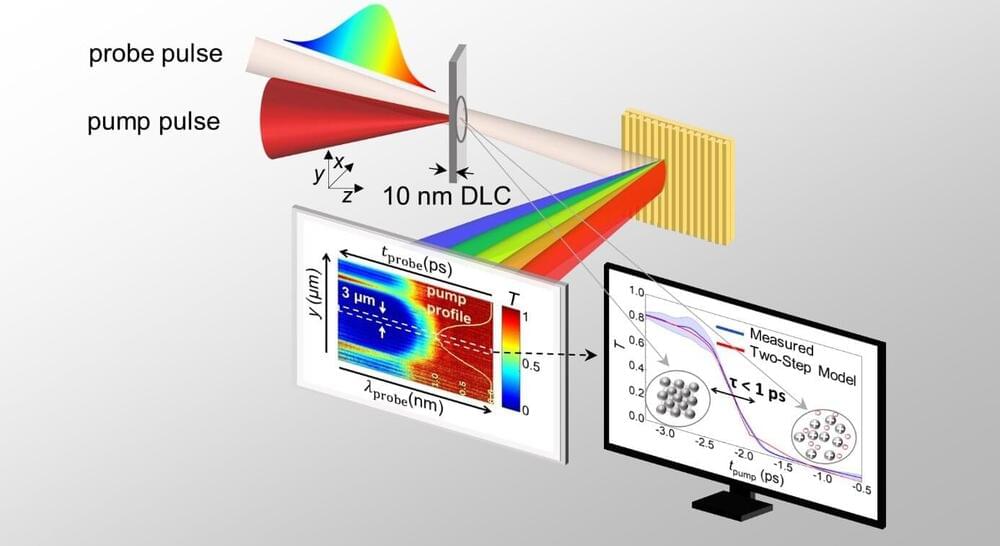Disk-related back pain may one day meet its therapeutic match: Gene therapy delivered by naturally derived nanocarriers that, a new study shows, repairs damaged disks in the spine and lowers pain symptoms in mice.



In an important step toward more effective gene therapies for brain diseases, researchers from the Broad Institute of MIT and Harvard have engineered a gene-delivery vehicle that uses a human protein to efficiently cross the blood-brain barrier and deliver a disease-relevant gene to the brain in mice expressing the human protein. Because the vehicle binds to a well-studied protein in the blood-brain barrier, the scientists say it has a good chance of working in patients.
Everything in the universe may be preordained, according to physics.
By Dan Falk
On the morning of June 28, 1914, a Bosnian Serb student named Gavrilo Princip stood outside Moritz Schiller’s delicatessen near the Latin Bridge in Sarajevo. Sometime after 10:45 A.M., a motorcade carrying archduke Franz Ferdinand, heir to the throne of Austria-Hungary, passed within meters of Princip, who drew his 0.38-caliber pistol and fired. One bullet struck the archduke in the neck. He was rushed to the military governor’s residence for medical treatment, but by 11:30 A.M. he was pronounced dead.

Building a useful quantum computer in practice is incredibly challenging. Significant improvements are needed in the scale, fidelity, speed, reliability, and programmability of quantum computers to fully realize their benefits. Powerful tools are needed to help with the many complex physics and engineering challenges that stand in the way of useful quantum computing.
AI is fundamentally transforming the landscape of technology, reshaping industries, and altering how we interact with the digital world. The ability to take data and generate intelligence paves the way for groundbreaking solutions to some of the most challenging problems facing society today. From personalized medicine to autonomous vehicles, AI is at the forefront of a technological revolution that promises to redefine the future, including many challenging problems standing in the way of useful quantum computing.
Quantum computers will integrate with conventional supercomputers and accelerate key parts of challenging problems relevant to government, academia, and industry. This relationship is described in An Introduction to Quantum Accelerated Supercomputing. The advantages of integrating quantum computers with supercomputers are reciprocal, and this tight integration will also enable AI to help solve the most important challenges standing in the way of useful quantum computing.


UCLA Health researchers have identified a process that memories while reducing metabolic costs, even during sleep. This efficient memory is found in a brain region essential for learning and memory, which is also where Alzheimer’s disease originates.
The discovery is published in the journal Nature Communications.
Does this sound familiar: You go to the kitchen to fetch something, but when you get there, you forget what you wanted. This is your working memory failing. Working memory is defined as remembering some information for a short period while you go about doing other things. We use working memory virtually all the time. Alzheimer’s and dementia patients have working memory deficits and it also shows up in mild cognitive impairment (MCI). Hence, considerable effort has been devoted to understanding the mechanisms by which the vast networks of neurons in the brain create working memory.

The interaction of solids with high-intensity ultra-short laser pulses has enabled major technological breakthroughs over the past half-century. On the one hand, laser ablation of solids offers micromachining and miniaturization of elements in medical or telecommunication devices. On the other hand, accelerated ion beams from solids using intense lasers may pave the way for new opportunities for cancer treatment with laser-based proton therapy, fusion energy research, and analysis of cultural heritage.

Remember all those low rate scifi horror movies with big snakes, let’s see if the bookie will take bet on when we have a first big one (on the run from the facility)
Scientists used CRISPR editing to make the world’s first genetically modified snakes, giving new insight into how the reptiles develop their patterned scales.

Following the landmark approval of the first CRISPR-based cell therapy in December 2023, the CRISPR community is looking ahead to the next wave of commercial successes, fueled by continued innovation in the development of new gene editing and delivery tools and technologies. Equally exciting advances are occurring in livestock editing, xenotransplantation, and many other specialties.
In The State of CRISPR and Gene Editing virtual summit, GEN proudly gathers a tantalizing line-up of luminaries from academia and industry to discuss the latest research developments, innovations, and advanced technologies that are expanding the CRISPR toolbox, delivering new therapies to patients and safeguarding our food supply.